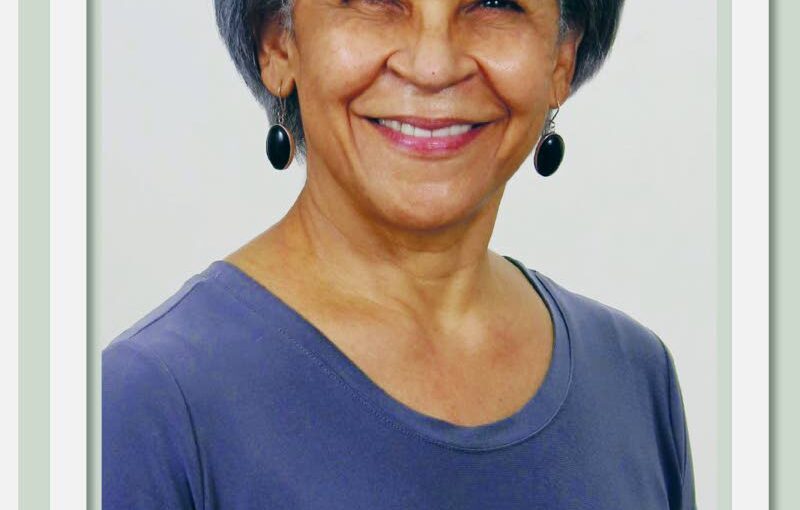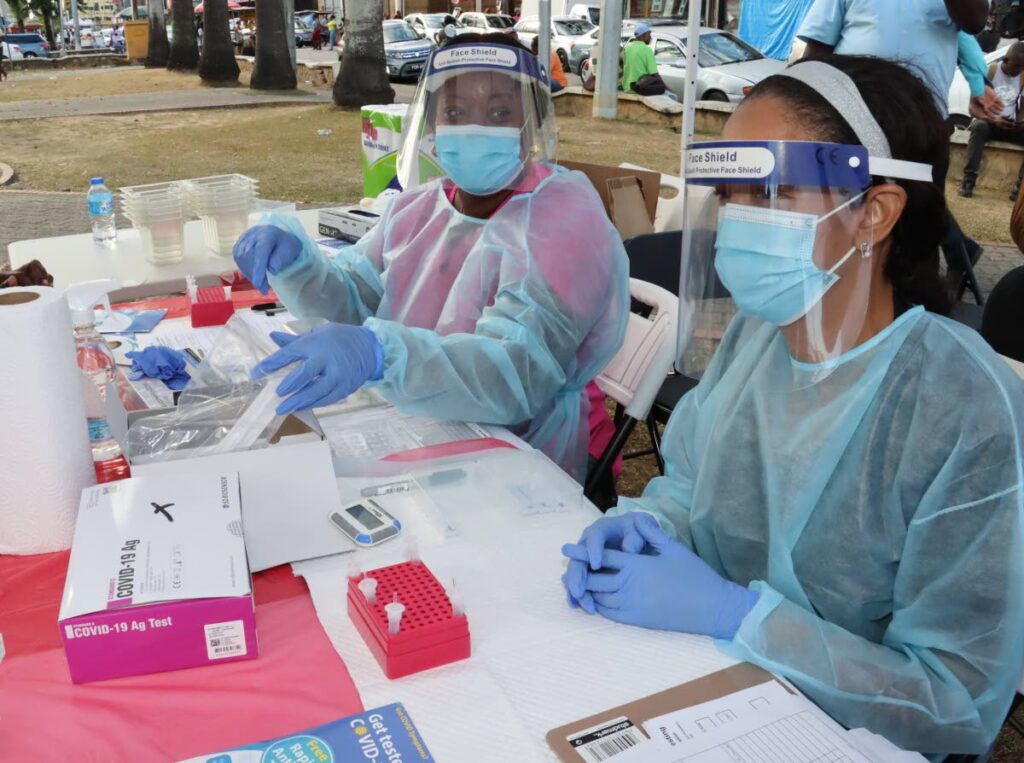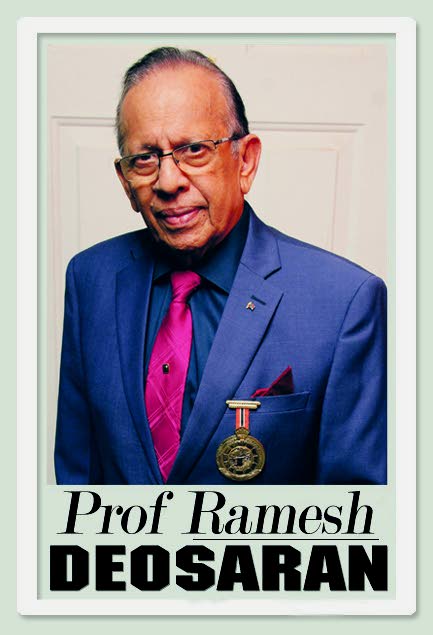State accountability a must
Written by marinasb on December 15, 2024

Last Tuesday was Human Rights Day. It marked the end of 16 days of global activism against domestic violence against women.
Last week, I signalled the growing trend of girls and young women wanting to return to the days when women were kept by men.
In Sweden, 14 per cent of seven-14-year olds want to join older Gen Zs in being “soft girls,” ie dependent on their male partners. They blithely eschew all the gains women have made to escape being chattels of men.
The British Crime Survey shows women who rely on men financially are more likely to experience domestic abuse, although most women globally are subject to some form of gender-based violence (GBV), regardless of status, culture, religion or race, whether in an intimate relationship or not. Men also suffer domestic violence, but the vast majority of victims are women.
The Caribbean is a hotspot. Surveys done by UN Women suggest that compared to roughly one in three women elsewhere, 46 per cent of women in our region experience at least one form of violence in their lifetime, 55 per cent in Guyana, while Jamaica has the second highest femicide rate in the world. And those are just reported cases, many more are unrecorded.
In TT, Roberta Clarke of the Coalition Against Domestic Violence (CADV), quoted the TT police in her opening address at an inaugural solidarity fundraising dinner: Four reports of domestic violence are made daily to the police, and in the last five years they received 14,296 reports of domestic violence; 97 of the fatalities were women and girls.
This statistic alone jolts us into understanding the extent of the crisis – every 11 days a woman in TT is killed in a domestic violence incident.
The Mighty Sparrow lyrically advocated beating women as the way of living with them happily and having them love you eternally. We laughed, because culturally we accepted men displaying their patriarchal attitudes in our male-dominated society. Domestic violence persists, but we no longer tolerate it, because women have gained more autonomy and financial security, and also because of the work of civil-society organisations (CSOs) like CADV.
CADV has created awareness campaigns, raised money to support victims, built shelters and engaged in high-level advocacy for greater protection for women. CSOs recognise that continuing to address the crisis requires empowering women and widely involving communities, government officials, the private sector and the active participation of the legal fraternity.
At the dinner, Justice Frank Seepersad, guest speaker, reminded us that cultural change is essential and can be achieved through legislation that governs the workplace and the home. He pointed to possible provisions in existing statutes that will protect women and ease their safe exit from violent relationships, including the Matrimonial Proceedings and Property Act and our firearms and housing legislation. He recommended a new act to enable state funding for approved CSOs and government agencies to aid recovery for victims and help achieve financial security, with the private sector getting tax concessions for implementing such skills programmes.
Justice Seepersad also recommended a shaming, public registry of known offenders. (NB: a national register of relevant cases exists but police make no use of it and it may not be public.) Good idea, then, but it would require a major improvement in the appalling rate of prosecutions.
“Only 0.5 per cent of perpetrators are convicted. And of the 10,000 reports of child abuse, only 804 perpetrators are arrested and charged,” Clarke informed us.
That missing link – the police and judiciary dealing seriously with domestic violence – is at the heart of the enormous problem we face. But things might be looking up.
In May’s landmark judgement in the Tot Lampkin case brought against the state by the mother and young son of murdered domestic-violence victim Samantha Isaacs, Justice Robin Mohammed found that their rights under the Constitution “had been infringed by the acts and/or omissions of the State and/or its servants and/or agents.” The State, by law, has a duty to protect all life, and since the police and the judiciary had failed, the family were awarded compensation.
Isaacs had repeatedly reported domestic violence and the police undertook no assessment or investigations. As for the judiciary, the magistrate had refused to grant Isaacs a protection order and custody of her child because of distrust over her motives, despite abundant evidence of violence.
The State did not appeal the judgement and so put the spotlight on the police and judiciary. They and we now know that the state can be held legally accountable for failing victims.
Last Monday at a seminar hosted by CADV, CAFRA and the Law Association, Attorney General Reginald Armour flagged a national strategic plan coming out of a recent broad consultation on gender-based violence and sexual violence and the work being done by government.
Let’s hope it leads to a more collaborative victim-focused approach, greater accountability, better legislation that is steadfastly implemented, and a serious reduction in violence against women.
The post State accountability a must appeared first on Trinidad and Tobago Newsday.




